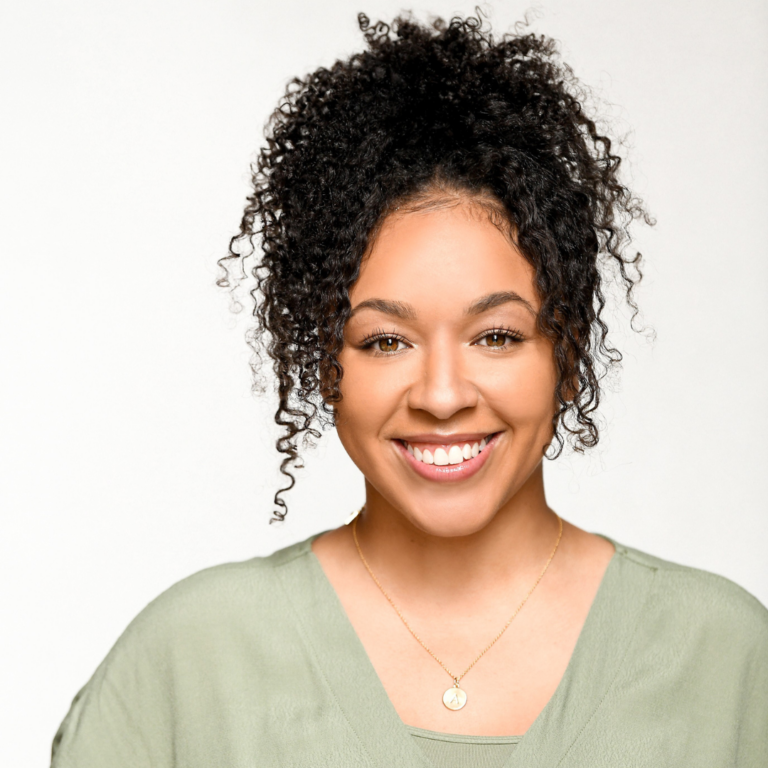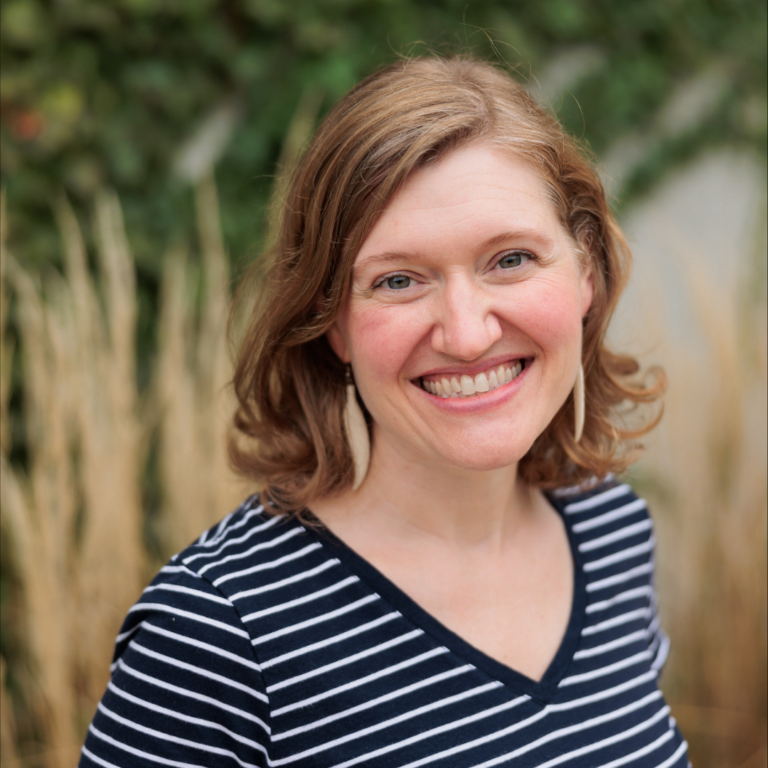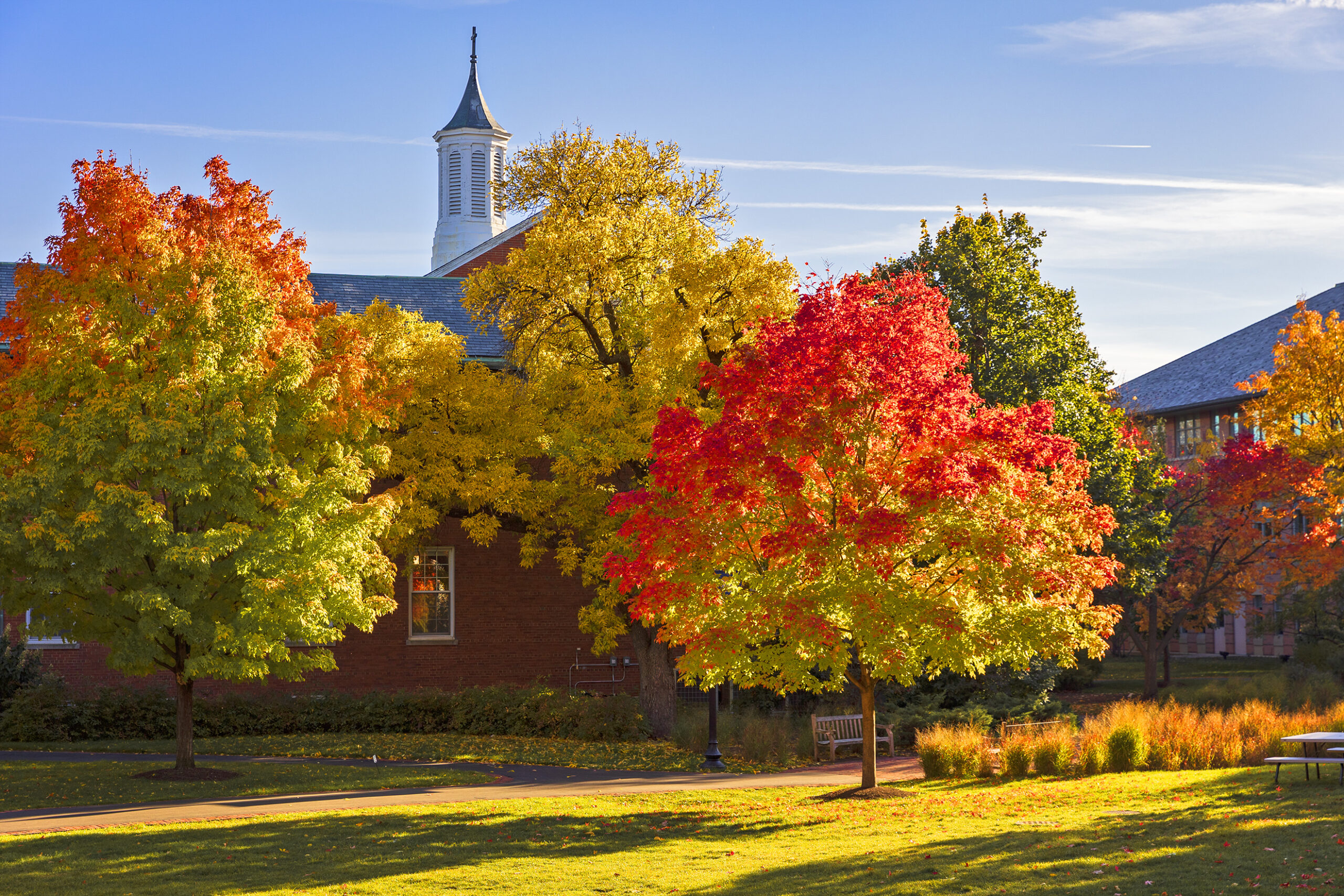From our Students
Aisha Cox MA ’24
Master of Arts in Christian Formation

As a remote learner in the Equip cohort, can you describe how the program has helped your education and personal growth?
The best way I can describe my Equip experience is that it was a spiritual renovation. I started this cohort hungry to learn, and God exceeded my expectations. I have established spiritual rhythms in this pathway, allowing my soul to flourish even in valley seasons. I started preaching more during the second year of my cohort, and my community immediately noticed a shift in my preaching. I have greater confidence in exegeting a passage and greater dependency on the Spirit.
I have been teaching an online Bible study to an intergenerational community of women where the fruit that we witness is an overflow of my seminary experience. The greatest joy about my Equip cohort is that I have worshiped my way through, and I am closer to Jesus than when I started. I’m still hungry to learn and plan on rereading some of the books from my classes at my own pace. I have officially become a lifelong learner, which is a modern-day miracle.
What unique challenges have you encountered as a remote student, and how have you navigated them throughout your studies?
As a remote student who started their program during the beginning of COVID-19, a challenge I had to navigate was building the community I desired to have on my journey. Having our first intensive online and not knowing anybody from my cohort made me turn inward initially. My husband was in the Ignite program, and I would hear about his experience with his cohort and find myself frustrated that I couldn’t relate.
I had a massive breakthrough that started as a breakdown in Dr. Pierre’s “Pastoral Care and Counseling” class. I was navigating infertility and had some vision challenges. I needed support and felt alone, although I was surrounded. I realized that I had to be vulnerable and voice what I needed. I needed to show up as my authentic self and not shrink. Community requires intentionality, and I wasn’t making the space or time to build connections (I love to nap). As I graduate, I am incredibly grateful for my cohort. Their encouragement, willingness to listen, and how we support one another when needed. When my husband and I got pregnant, they had a baby shower for us during our Midwinter intensive and made our son his own Equip blanket. This challenge taught me to stay in the process and not be passive if what I want doesn’t happen organically.
What are some key moments that have shaped your journey so far?
There are three moments that come to mind. My first was during our “Vocational Excellence” intensive. During an exercise, God revealed that I focused so much on my interior life due to neglecting my body. The vision He showed me was the exterior of an ancient temple, and the interior looked like an Apple store. This experience helped me grow in holistic care and champion those around me to do the same.
I just finished Dr. Pierre’s class and told her how impactful All Our Losses, All Our Grief was and that I would keep that book close as a resource. Just a few days later, the Marshall Fire directly impacted the community I served as a prayer pastor. I felt equipped to sit with people and offer them language for the grief that they were experiencing.
One of the things I wish I had learned sooner in my walk with God is the practice of lament. It has freed me emotionally with God and deepened my relationship with him. Professor Miller’s course on “What Loss Can Teach Us” gave me robust language for grief and helped me process my own grief about our upcoming transition.
Ìý
Cheyenne Johnson MA ’24

Master of Arts in Christian Ministry with a restorative arts track
Can you share a memorable experience at ºÚÁÏ³Ô¹Ï Theological Seminary (NPTS) that has significantly impacted your personal or spiritual growth?
One profound experience at NPTS was participating in the School of Restorative Arts (SRA), the NPTS prison education program. Engaging with incarcerated students not only expanded my worldview but also deepened my understanding of empathy and restoration.
Additionally, the spiritual formation classes were transformative. One of my favorites was “Sacred Portals,” which the late Kari Lindholm Johnson taught. She helped nurture a deeper understanding of using icons in my communal and personal spiritual practices. She was an incredible artist and a caring pastor and expertly and gently guided me in writing an icon on my own. It was an experience I will never forget.
What are your plans for applying your seminary education in the future?
Upon graduation, I plan to apply my seminary education as an adjunct professor at ºÚÁϳԹÏ, teaching “Introduction to the Bible” in their undergraduate programs. I also aim to integrate all I’ve learned and experienced into my role in the spiritual formation fellowship at New Moms, a Chicago non-profit. Through teaching, I aspire to impart a deeper understanding of biblical principles to students, encouraging critical thinking and spiritual growth. At New Moms, I will use my theological and restorative justice training to guide and support young mothers, aiding them in their journey of spiritual development and personal growth.
Looking back on your journey at NPTS, what advice would you offer to incoming students?
Reflecting on my journey at NPTS, I advise incoming students to embrace opportunities that will grow and broaden their perspectives. I highly recommend taking a class with SRA. Engaging with diverse viewpoints is so important for effective ministry. These courses offer practical education on healing and restoration within communities. Using restorative practices equips ministers to address societal issues with empathy and understanding. Also, get involved in collaborative learning experiences, and don’t hesitate to seek guidance from mentors. Continuous learning and open-mindedness are a must for impactful ministry.


